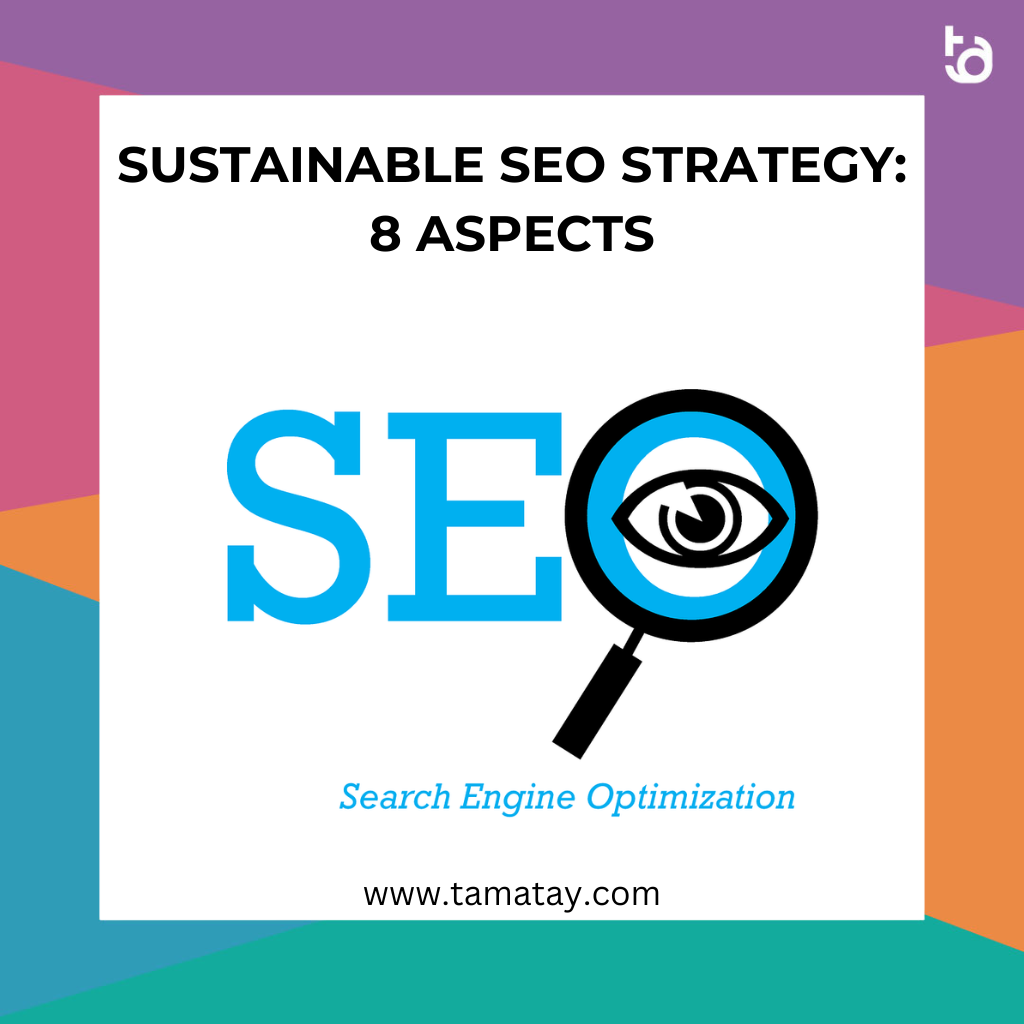Introduction
Search engine optimization (SEO) is a core component of any digital marketing strategy. It allows businesses to increase web presence, attract customers, and build brand recognition. But SEO is a complex process and its success depends on thoughtful strategizing and careful implementation. If you want to build a successful SEO strategy that will stand the test of time, you need to ensure that it is built on a foundation of sustainability. In this blog post, we’ll take a look at eight aspects that can help create a sustainable SEO strategy that will lead to long-term success.
1. Comprehensive Keyword Research
Performing comprehensive keyword research is essential when building a sustainable SEO strategy. In order to ensure that your website is optimized for the right types of searches, you must identify the relevant keywords that your target audience is likely to search for. This includes both words and phrases, as well as the type of long-tail keywords that are more specific and have lower competition.
2. Quality Content
One of the cornerstones of a successful SEO strategy is quality content. If your website’s content is relevant and insightful, you’ll be able to attract more visitors and encourage them to stay longer. Quality content should be written with both the search engines and the readers in mind, and it should be edited for accuracy and readability. Additionally, content should be optimized for keywords and include internal links to other pages on your website.
3. Site Structure
A website’s structure is a critical component of any SEO strategy. If your website is difficult to navigate, it won’t be indexed properly by search engines and visitors won’t be able to find the information they’re looking for. Therefore, it’s important to ensure that your website is organized into logical and intuitive categories and that there are no broken links or dead end pages.
4. Technical Optimization
Technical optimization is another vital element of any robust SEO strategy. This includes optimizing page titles, meta descriptions, heading tags, and image tags, as well as other elements such as page speed and crawlability. When implemented properly, these optimizations can dramatically improve your website’s visibility in search engine results pages (SERPs).
5. Optimizing for Mobile
Mobile optimization is essential if you want to ensure that your rankings don’t suffer due to poor performance on mobile devices. Mobile optimization includes ensuring that your website is mobile-friendly, that it loads quickly on mobile devices, and that menus and navigation are easy to use on small screens.
6. Link Building
Link building is an important SEO tactic that involves creating high-quality backlinks from other websites. Quality backlinks help to increase your website’s authority and generate more organic traffic. To ensure that your link building efforts are sustainable, you should focus on building natural links from reputable sources, as opposed to buying or exchanging links.
7. Social Promotion
Social media promotion is an effective way to reach new audiences and build brand recognition. It’s also a great way to increase your website’s visibility in search engines, as social media activity can generate backlinks that improve your website’s authority.
8. Monitoring and Reporting
The final step in ensuring the sustainability of your SEO strategy is monitoring and reporting. This involves tracking your website’s progress over time and identifying which tactics are working and which ones need to be adjusted. It’s important to understand how your website is performing in order to make informed decisions and ensure that your SEO strategy is effective.
Conclusion
A sustainable SEO strategy is the foundation of any successful online marketing campaign. By following the eight aspects outlined above, you can ensure that your SEO strategy is built on a solid foundation and will lead to long-term success. When done properly, SEO can help you increase web presence, attract more customers, and build brand recognition.







